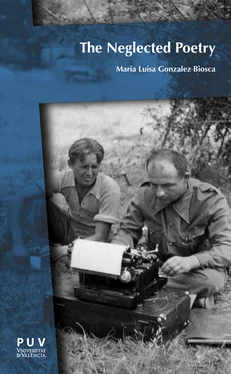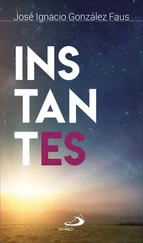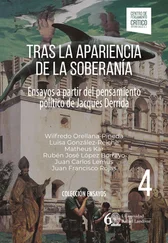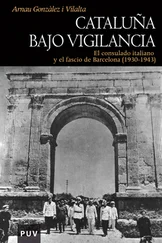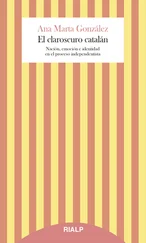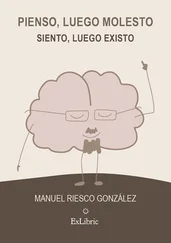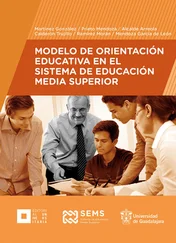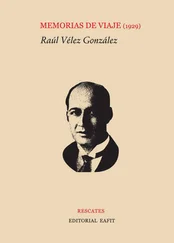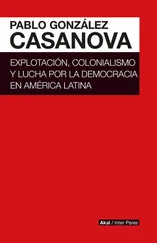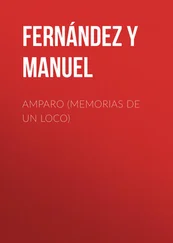This research extends the scope of this poetic legacy and, apart from analysing the poems included in the anthology more in depth, it also includes a subgroup of poems written by brigadists who wrote them after going back to their countries; this subgroup is called Retrospective, and poems written by those poets who supported the Spanish Republic from abroad, most of whom were canonical poets at that time; that was the case of Wallace Stevens or Cecil Day-Lewis. Therefore, as it will be seen, we have classified the poems according to spatial criteria regarding those poems written in Spain or written from abroad, and temporal criteria, during or after the war.
Poems for Spain was the first anthology published in 1939 by Stephen Spender and John Lehman. In 1964, Robert Skelton published an anthology under the name Poetry of the Thirties, where there is a chapter dedicated to a few poets who supported the Spanish Republic and to some brigadists. As far as the United States was concerned, in 1965 Ford published a monographic study of this poetry, but as the title A Poet’s war: British Poets and the Spanish Civil War indicates, American poets were not included in this anthology. This may be due to the fact that the United States was at the height of the persecution of leftist intellectuals, known as The Witch Hunt , headed by the republican senator Arthur McCarthy. Ford gave an accurate account of some canonical poets, such as W.H. Auden, Herbert Read, Stephen Spender and many other poets of the 1920s and 1930s, even those from the First World War. He did likewise with the brigadists such as John Cornford, Christopher Caudwell, Julian Bell and so on.
The year 1966 was when John M. Muste published Say that we saw Spain to Die: Literary Consequences of the Spanish Civil war. The author reviewed the literature from the Spanish Civil War. He commented on some poems written by the volunteers, like John Cornford, Stephen Spender and Edwin Rolfe, and supporters, such as Margot Heinemann and W. H. Auden. In 1969, Maxwell reviewed the poets of the 1930s and published Poets of the Thirties. Three brigadists were studied: Christopher Caudwell, John Cornford, and Stephen Spender, who already was a canonical poet; and two canonical poets who took side for the Spanish Republic, Daniel Day Lewis and Louis MacNeice.
Valentine Cunningham published Spanish Civil War Verse in 1980, an anthology that contained many previously unpublished poems. This anthology not only included poems written by British poets, but also included letters, press articles, personal memoirs, and Spanish poems translated into English. As Cunningham indicates there are several factors which make this anthology special:
Special too, about this collection are the previously unpublished things it contains: Several poems by Miles Tomalin; several by Clive Branson, among them his unique concentration camp verses… My Introduction is also the first account of this War’s relation to English literature that’s been able to draw on the valuable new Archive of the International Brigade… For one prime intention of this anthology is to put firmly the work of those undeservedly too-little known poets Charles Donnelly, Ewart Milne, Clive Branson, Tom Wintringham and Miles Tomalin. Another is to reveal the considerable (in every sense) extent of Stephen Spender’s contribution, in verse and prose, to the literature of Spain (1980: 16-17).
In the United States in 2002, Cary Nelson published an anthology that assembled poems written by American volunteers, some poems of supporters and others written by late contributors. In 2006, a British brigadist’s son, Jim Jump, published the last anthology written by British and Irish brigadists who volunteered for the Loyal Spanish front, Poems from Spain .
There are also two anthologies published in Spain, one bilingual by Álvarez & López in 1986 Poesia Anglo-Americana de la Guerra Civil Española and another in Spanish by Montero (AABI) in 2001, Voluntarios de la libertad. In 1981, Bernd Dietz published a monograph under the title El Impacto de la Guerra Civil Española en la Poesía Inglesa (1936-1939).
The poetry from the First World War impacted the brigadists, due to the fact that some of them were sons or relatives of soldiers who had fought in that war. That was the case of John Cornford, whose father had fought in the First World War and, in the case of Captain Thomas Wintringham, he himself had fought.
The consultation of primary sources for evidence on original works, such as biographies, diaries and memoirs, photos, letters and so on written by the brigadists or war correspondents, referring to their daily routine during the war, will be crucial for our research in order to connect this legacy to the social context where the poets lived and to explore the complex set of factors that determined the commitment they held, either as participants or supporters.
Looking back
This anthology has taken into account the considerations stated by Álvarez & López (1986) about the differences between the poetry written by the brigadists and the one by poets who supported the Spanish Republic from abroad.
Using field research techniques was indispensable to gather data to contribute additionally to the study of this poetic legacy by, firstly, developing an insightful stylistic analysis of the poems in order to understand the interaction between the poems, their authors and audience and, secondly, focusing on the criteria employed to select the poems, singling out their structure and poetical devices, themes and tone.
I would also like to show that the tone of some of these poems written abroad is different from those based on personal war experience, because they had been written mainly as propaganda to collect money, food and other goods needed by the Spanish Republic, or to prompt governments to repeal the non-intervention agreement.
Reading the first-hand testimonies found in the poems written by the three groups of poets help me to elucidate and understanding some of the reasons behind the fact that this poetic legacy has been neglected and is still neglected today
As mentioned in the Preliminary, Álvarez & López (2006) considered some differences between the poetry written by the brigadists and the one by poets who supported the Spanish Republic from abroad. Their anthology opened a door for future research, therefore, I found this anthology inspiring and understood it as an invitation to deepen the study of this legacy.
Thus, the present anthology substantiates not only those differences, but also the similarities between the three groups of poets; that are, the Brigadists, Retrospective and Abroad groups.
Following this, the poetic legacy gathered in the anthology is firsthand evidence of the reality, on one hand, based on the direct war experience of the brigadists and, on the other, on the direct experience of the viewer from abroad. Although each group through their poets was analysed through their poems separately, at the same time, I approached them as a whole, as a single voice which would make the poems alive again, the testimony of their memories
1
First Clues
1.1. The Beginning
The study and analysis of the International Brigadists’ poetry was born as a project which had to follow some principles and a specific methodology to become an academic investigation. The first phase, which I never imagined would be so arduous, consisted of collecting all the material and, at the same time, following the objectives of the investigation; I studied and approached the historical causes which gave rise to the formation of the International Brigades in the Spanish Civil War.
The investigation began with two fundamental books. The first one is Los brigadistas de habla inglesa en la Guerra Civil Española written by Rodríguez Celada, González de la Aleja and Pastor García (2006). The book, as its title indicates, reviews the literature written in English during the Spanish Civil War. What was most interesting for our research are the bibliographic sources which are used and which helped us to find poets and poems written during the period of the conflict on Spanish soil. The second book is a bilingual anthology edited in 1986 by Álvarez Rodríguez and López Ortega, Poesia Anglo-Norteamericana de la Guerra Civil Española. This book did not have a bibliography. Therefore, I could not find the origin of the untitled poem written by the American brigadist, Joseph Selligman. My interest in this poem was personal since the first time I read it, because I noticed that its refrain and the narration echoed the poem written by Alfred Lord Tennyson, The Charge of the Light Brigade (1854). I only found this information in The Last Great Cause , a book written by Stanley Weintraub in 1968, a study about the literature written by the Americans involved in the Spanish war.
Читать дальше
